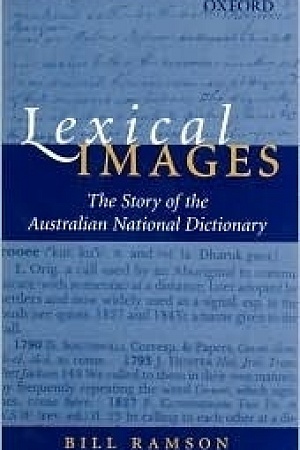Australia and Appeasement: Imperial foreign policy and the origins of World War II
I.B. Tauris, $39.95 hb, 320 pp
Australia and Appeasement: Imperial foreign policy and the origins of World War II by Christopher Waters
For long after World War II, particular opprobrium was reserved for the statesmen who failed to resist the belligerent dictators. Their failure was denounced in the popular tract Guilty Men, which appeared in 1940 soon after Hitler overran Western Europe, leaving Britain to fight on alone. These guilty men included the prime minister, Neville Chamberlain, who was forced to resign, the mandarins of the Foreign Office, and the leaders of public opinion who had supported the Conservative government in its efforts to avert war. They had refused to recognise the clear evidence that Germany, Italy, and Japan were implacably aggressive, repeatedly accepted worthless assurances that each act of aggression was the last, delayed rearmament, undermined arrangements for collective security, and allowed small nations to be dismembered. They were guilty of appeasement.
Continue reading for only $10 per month. Subscribe and gain full access to Australian Book Review. Already a subscriber? Sign in. If you need assistance, feel free to contact us.















Leave a comment
If you are an ABR subscriber, you will need to sign in to post a comment.
If you have forgotten your sign in details, or if you receive an error message when trying to submit your comment, please email your comment (and the name of the article to which it relates) to ABR Comments. We will review your comment and, subject to approval, we will post it under your name.
Please note that all comments must be approved by ABR and comply with our Terms & Conditions.